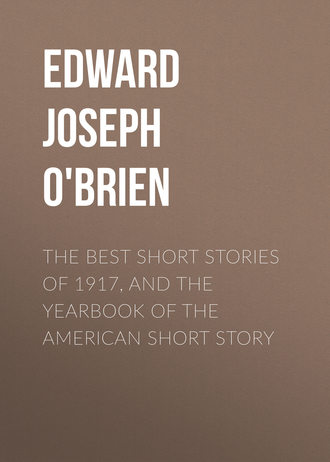The Best Short Stories of 1917, and the Yearbook of the American Short Story
 полная версия
полная версияThe Best Short Stories of 1917, and the Yearbook of the American Short Story
Язык: Английский
Год издания: 2019
Добавлена:
Настройки чтения
Размер шрифта
Высота строк
Поля


